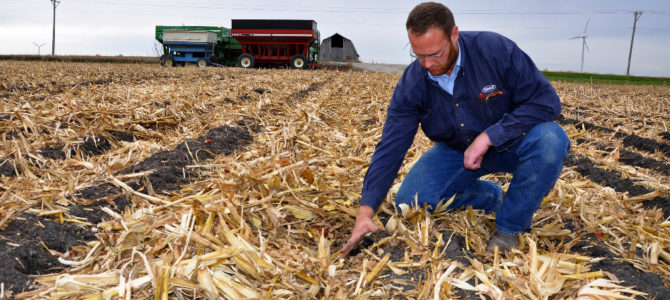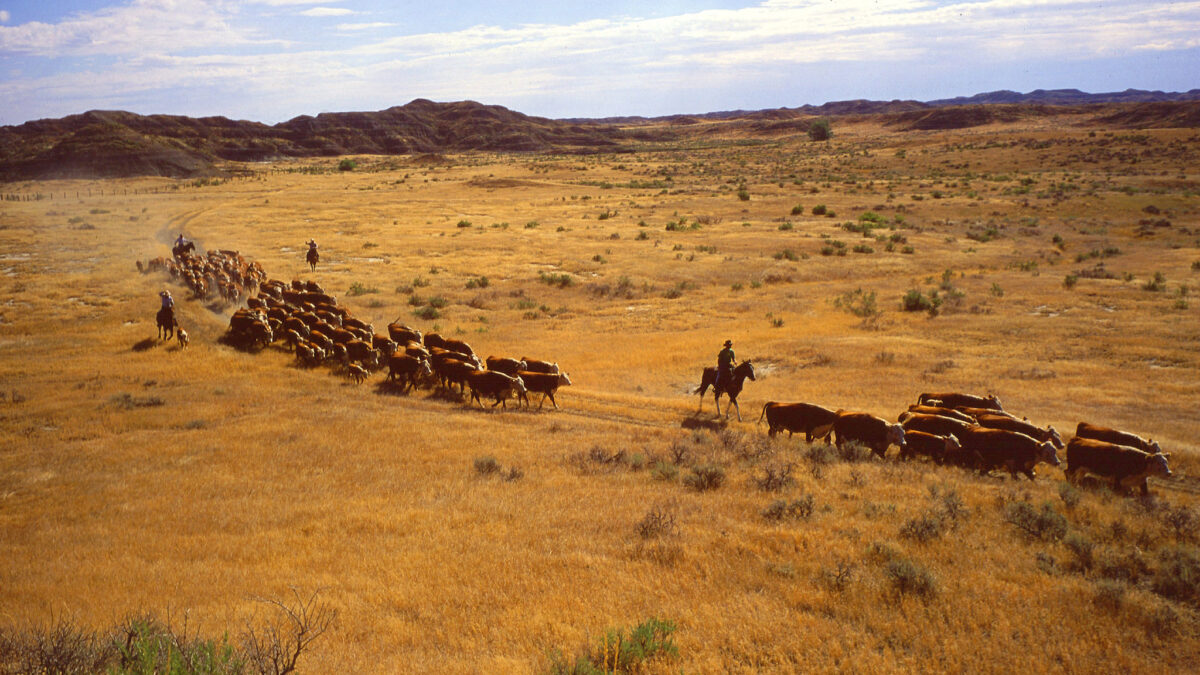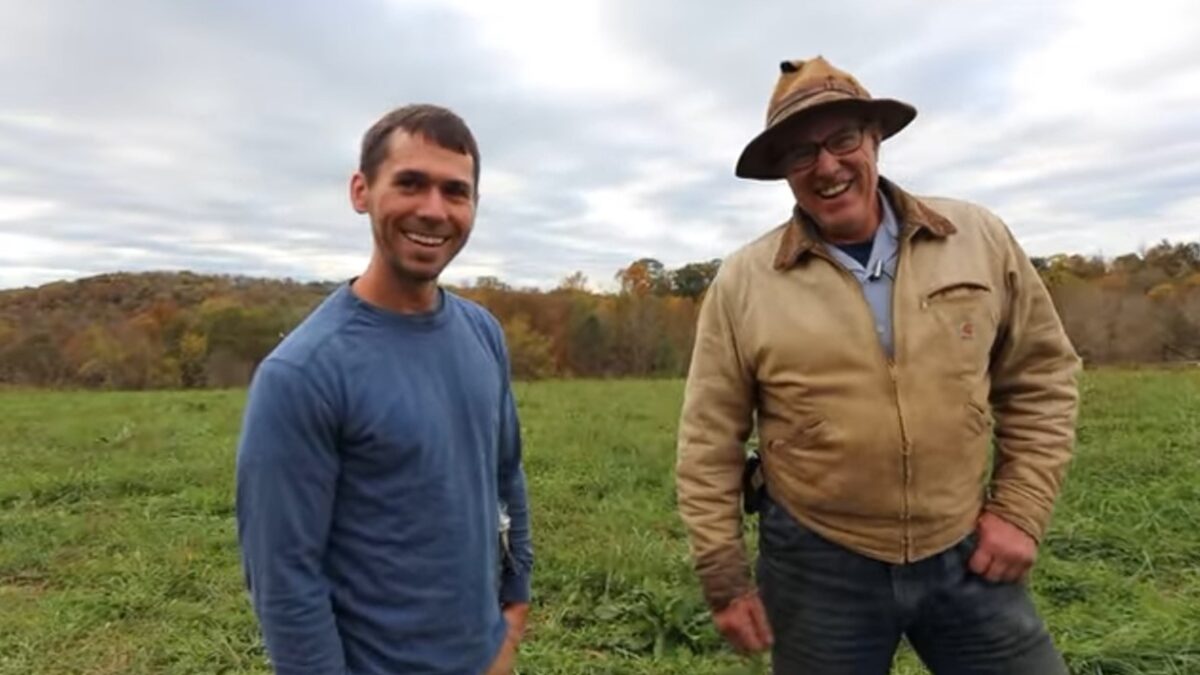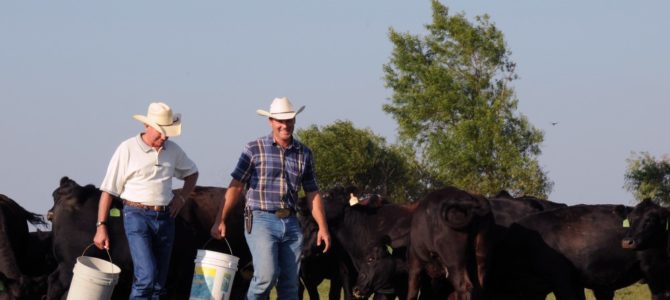Coastal elites grossly misunderstand rural Americans. Nowhere is that more evident than with agriculture and the perception of modern farming.
In “Can American soil be brought back to life?” Politico reporter Jenny Hopkinson claims soil health has been completely neglected by the American farmer and that activities undertaken to promote it are seen as against farm culture. For the article, Hopkinson primarily relied on one source — Dan DeSutter, an Indiana farmer who, according to Hopkinson, does care about soil.
Yet if the reporter had spent a little more time researching the topic or speaking to more than one farmer, she’d realize soil health has long been a focus — even an obsession — among farmers.
Good Soil Means Good Crops
Consider the work we do at our 2,000-acre corn and soybean farm in Southwest Michigan. During the off-season, we consult agronomists so we might better understand our options. We attend meetings and conferences to learn about the latest in agricultural research and products. We are always looking to be better, and that includes improving soil health.
Why do we care about soil health? It’s simple: Healthy soil yields better crops. Soil is the cornerstone of the entire farm; it’s where everything begins. Land, especially good farm land, is a limited commodity. We have to take care of it, and we do. The great tradition of family farms relies on passing along the same fields from one generation to the next.
Farmers are adopting best practices that benefit soil health, and this is reflected in the data (which Hopkinson declined to report). Farmers — both conventional and organic — are already using strategies that improve soil health, such as no-till or minimum tillage, cover crops, crop rotation, and regular soil testing.
According to The Washington Post, as of 2009, 35 percent of the country’s farmland already had some no-till crops. The 2012 agricultural survey shows that of the 279 million tillable acres in the United States, 96 million fall under no-till practices, which is up from 88 million acres in 2010. The adoption of no-till has increased an average of 2.3 percent annually since records were first kept in 1972. The widespread use of genetically modified crops has also made this easier.
However, these efforts also take time and money. No-till equipment can be expensive. While most farms rotate between corn and soybeans, more extensive rotation may require additional (expensive) equipment and access to markets. In addition, not all farmland is owned by the farmer, and some landlords require a certain type of tillage. Ultimately though, farmers have to make decisions based on what they can afford and what works best on their acreage.
Get Crop Insurance Right, Yo
Without sourcing her statements, Hopkinson also blames crop insurance, saying it requires farmers to plant the same crop in the same place each year. She claims it is not flexible enough to account for practices like cover crops and incentives farmers to rely on low-yielding crops.
This is incorrect. Crop insurance does not require farmers to plant the same crop in the same place each year, nor does it hinder good practices or experimenting with new methods. Contrary to the article’s claims, conservation plans are required to meet eligibility for many federal farm programs, including crop insurance. For example, land the U.S. Department of Agriculture designates as highly erodible requires management that always includes no-till or minimum-tillage operations. The Natural Resources Conservation Service often does spot checks to ensure that farmers are treating soil with the minimum amount of plant residue to keep soil from eroding.
Finally, crop insurance isn’t some big lottery payout, it’s a safety net that protects family farmers from risks they cannot control, like the weather. Suggesting that farmers would purposely try to produce low-yielding crops just to collect a payout is like saying you would allow your health to deteriorate just because you have health insurance for surgery.
Farmers can do better, but not every solution (i.e., cover crops) is realistic or practical for every farm in every region. Farmers have to consider the science while also looking at the facts on the ground. Suggesting that we don’t care about soil health because we haven’t all adopted the extreme practices of a “holistic” soil health is disingenuous.









